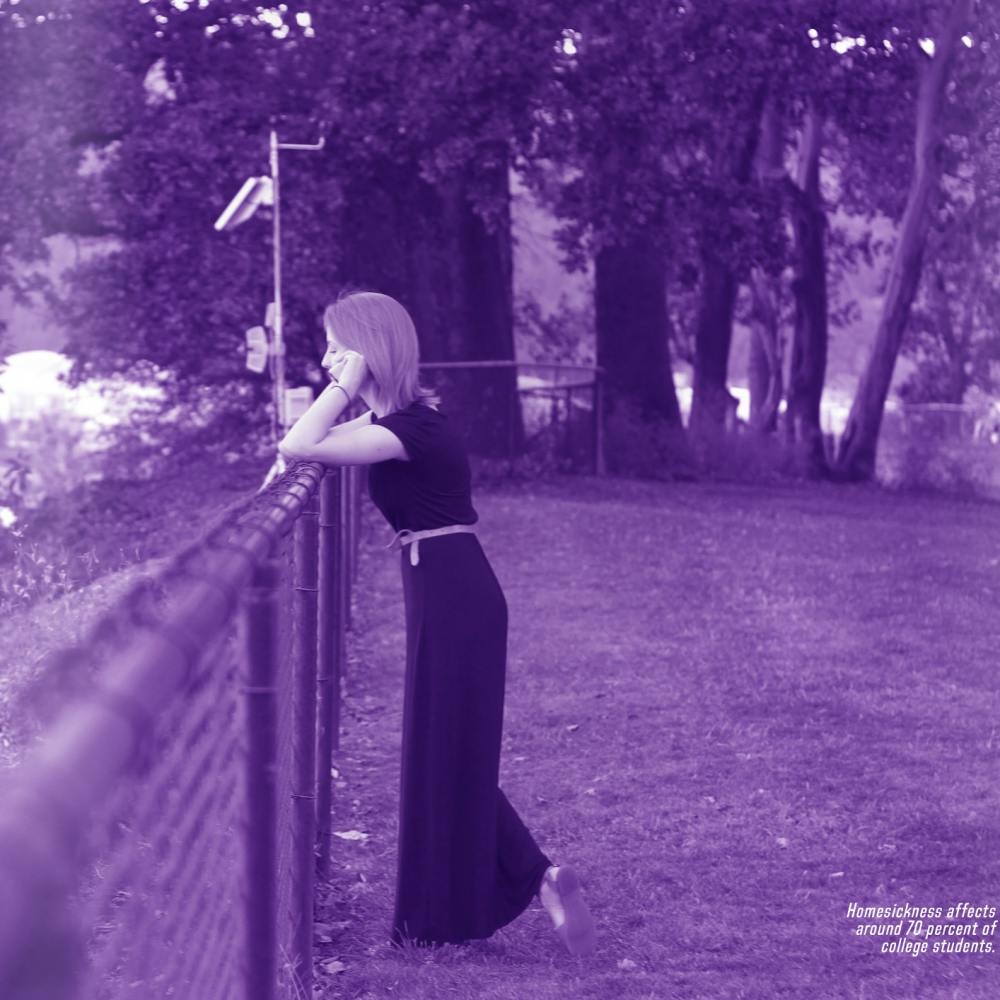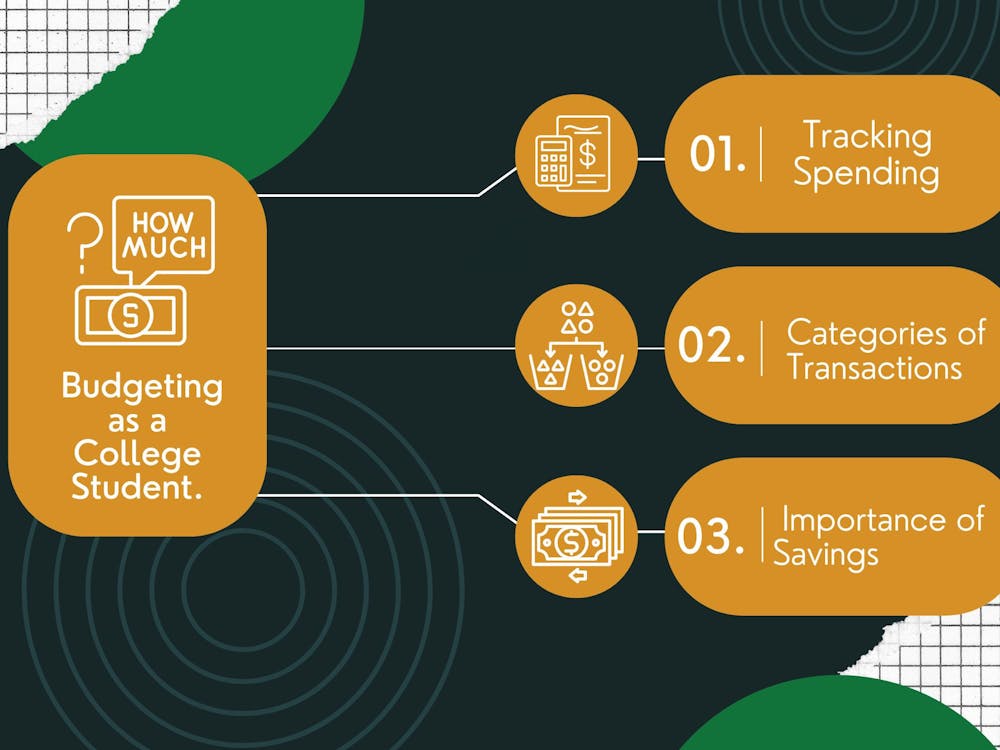by Luke Loranger |
We've all been there.
Everyone has those days where they don't want to get out of bed to go to theology, they miss their dog, or they just want a hug from their mom.
We've all been homesick.
According to research from the University of Warwick, up to 70 percent of students will experience some degree of homesickness when they first leave home for college.
Brother Tom Giumenta, who works as pastoral resident in Shipstad Hall and helps students adjust to college, said that homesickness happens all the time.
“Homesickness is a very real and normal feeling,” Giumenta said. “It is a kind of anxiety that can happen to anyone. It’s a universal human experience.”
Eliana Cossa, a junior environmental ethics and policy major originally from Mozambique, first experienced homesickness after her move to Portland, and continued grappling with it after freshman year. After living at home for most of her life, Cossa has not seen her parents for the past year.
“The first few months were fine, but now that it has been six or seven months it is hard. My first semester at UP was [also] hard,” Cossa said. “Although my parents were still living in [the United States], I was constantly depressed and homesick. Having friends and socializing helped a lot, and [helped me] eventually get through it.”
Students are especially vulnerable to homesickness during holidays or breaks if they cannot go home to visit family. Junior nursing major Leonard Firme, president of the UP Hawaii Club, said that he felt particularly homesick during Thanksgiving break.
“I couldn't go back home because it was too expensive,” Firme said “Hanging out with my friends and getting to know people in Shipstad made another home for me and helped me combat homesickness.”
Corrado Hall Director Michael Wode said that students unable to go home during breaks should tag along with friends when they go home to resist feelings of loneliness.
“Usually someone’s parents are more than willing and happy to host someone from out of town, and will even treat them like their own kids,” Wode said.
William Meek, Assistant Director of counseling and training at the University Health Center, said that often, people’s identities are defined by the connections they have to their family members, friends, communities and location. He said that when they enter a new environment, what they experience is equivalent to culture shock because they’re left without their sense of security, safety, and support.
This lack of predictability leads to feelings of panic, which can manifest in keeping in near-constant contact with friends and family back home. In the most serious of cases, students can develop depression and isolate themselves.
A new group has been launched on campus this year called UPstart, which is aimed at helping new freshmen adjust to life on the Bluff and find their place in the UP community.
“We are creating a space where [students] can help each other,” said Meek. “We want to hear the unique reasons why people are having a hard time getting started and come together with ways to help them.”
The best way to fight homesickness is to get involved. From wing dinners to activities with hall mates, community events allow students to get their mind off of people back home, and meet new friends.
“Make a commitment to finding people with common interests. Make sure you go to the activities fair, or soccer games. That’s where you will find people that will potentially be a good friend,” Wode said. “It’s hard because you are starting over, but it can really pay off.”
Luke Loranger is a reporter for the Beacon and can be reached at @loranger18 or loranger18@up.edu








